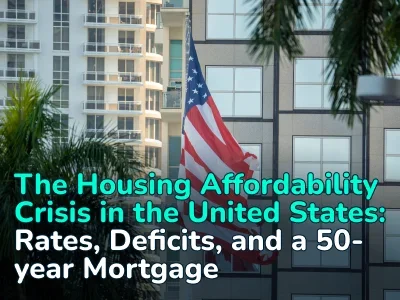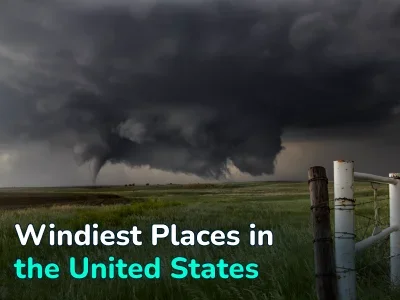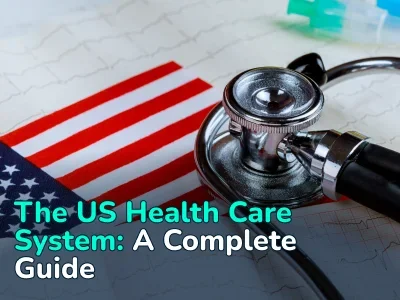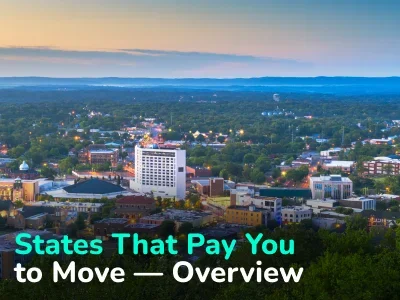
Trump's executive order on citizenship: new rules for migrant children in 2025
On January 21, 2025, US President Donald Trump signed an executive order aimed at limiting birthright citizenship for children born on US soil. Such a right (jus soli) is secured by the 14th Amendment to the US Constitution, which states that anyone born on US soil automatically becomes a US citizen.
Premises
Trump and his supporters argue that the current system of citizenship by birth (jus soli) encourages illegal immigration. In their view, foreigners often come to the United States precisely for the purpose of having a child. The child is automatically granted citizenship and entitles the parents to stay in the country, which is called the “anchor baby” phenomenon.
With his executive order, Trump wants to reduce the influx of illegal immigrants and eliminate the problems associated with this right:
- Abuse of the system. The main loophole for abuse is the fact that citizenship is automatically granted to a child even if the parents are in the country illegally. In 2024, some 360,000 children were granted citizenship in this way. The second common option is a short-term visit to the U.S. (even in transit) and violation of the terms of stay before the birth of the child. In this case, the child's citizenship is often a defense against deportation.
- Overburdened immigration system. Large numbers of undocumented migrants burden the U.S. immigration and judicial systems. The Executive Order should reduce the workload of immigration courts and make deportation easier.
- High spending on social programs. Children born in the U.S. to parents without citizenship or legal status are entitled to social benefits, including access to education, health care, and welfare payments. This burdens the budget and is contrary to the principle of prioritizing U.S. citizens in the provision of medical education and other services.
- Security concerns. Illegals who have established themselves through soil law in the U.S. often do not integrate into society but prefer to create ghettos or national neighborhoods with their own orders. This makes it difficult for law enforcement and creates a fertile ground for crime.
Reaction Within the United States
The ordinance sparked a wave of criticism and was challenged in the courts. California filed a lawsuit claiming that the decree violated the 14th Amendment and would cause irreparable harm to residents. On January 23, 2025, a federal court temporarily halted the executive order, emphasizing that the 14th Amendment clearly guarantees citizenship to anyone born on U.S. soil.
The Trump administration has said it will appeal the court's decision. The case is expected to go through the appeals court system and reach the US Supreme Court.
In general, the US media has been claiming human rights violations and Trump's encroachment on the US Constitution. At times, accusations of the beginning of the usurpation of power even surface. However, is the executive order as terrible as it is positioned?
What Does the Executive Order Actually Spell Out?
Donald Trump's executive order does not completely abolish birthright citizenship but introduces new conditions for birthright citizenship. It seeks to exclude from the system categories of children whose parents are illegal aliens in the United States.
Citizenship can no longer be automatically granted to children born on U.S. territory if their parents are not U.S. citizens or legal permanent residents (green card holders).
They'll only lose their right to citizenship:
- Children of illegal immigrants.
- Children of parents who are in the U.S. on temporary visas (e.g., tourist or student visas).
- Children born to undocumented aliens in the country.
Now, after February 19, 2025, when the executive order takes effect, U.S. authorities will deny recognition of citizenship to children born in the U.S. if neither parent is a citizen or lawful permanent resident. Such children could be deported and prevented from receiving Social Security numbers, government benefits, and, as they grow older, employment opportunities.
Author
I write informative articles about real estate, investments, job opportunities, taxes, etc.
























